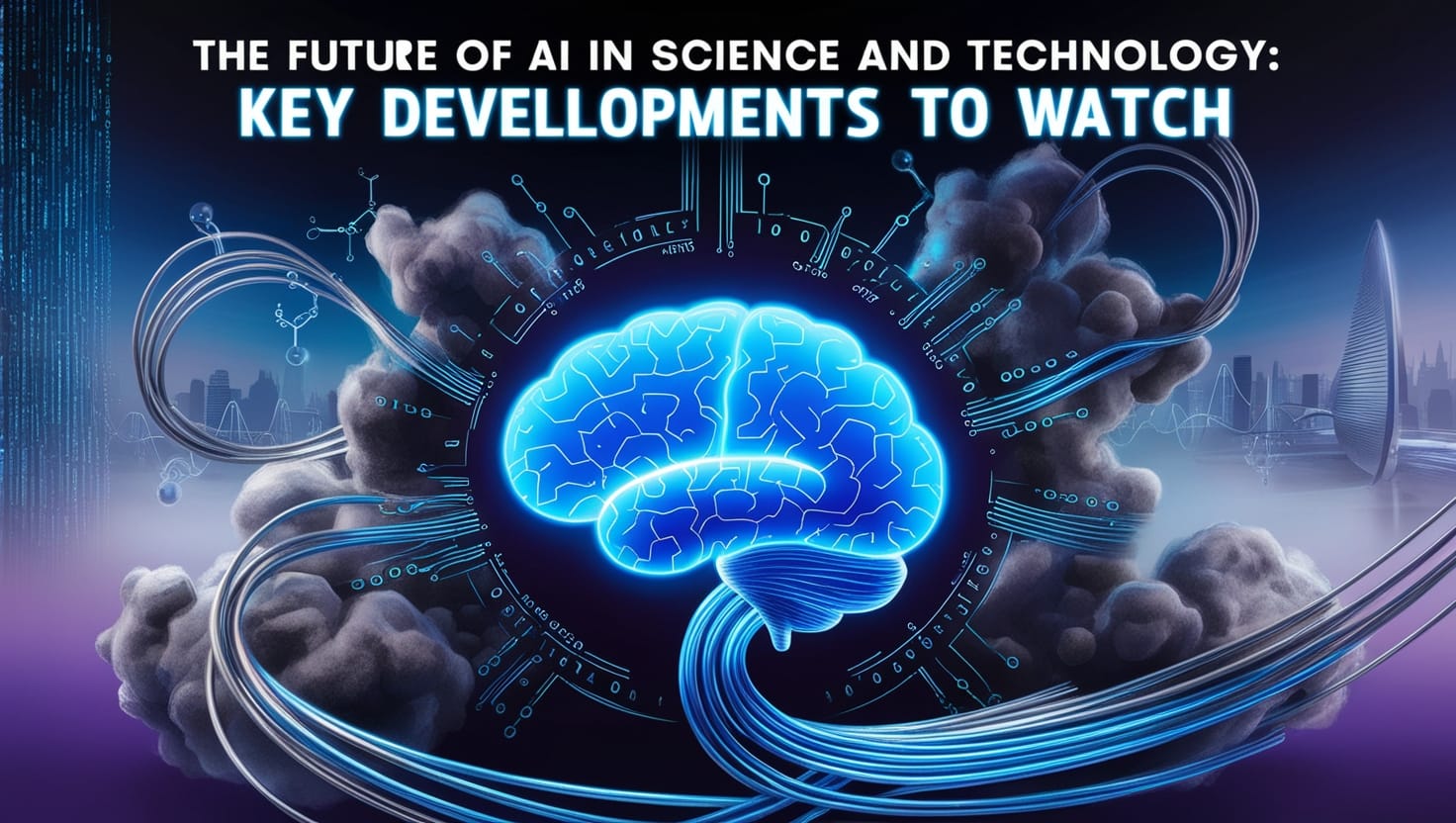
The Future of AI in Science and Technology: Key Developments to Watch-As we venture deeper into the 21st century, the integration of artificial intelligence (AI) into various fields of science and technology is reshaping our world in profound ways. AI’s potential to enhance efficiency, solve complex problems, and drive innovation is becoming increasingly evident. In this article, we will explore key developments in AI that are set to revolutionize science and technology in the near future.
AI in Healthcare: Personalized Medicine and Beyond

One of the most promising applications of AI in science and technology is in healthcare. AI technologies are enabling a shift from a one-size-fits-all approach to personalized medicine, tailoring treatments to individual patients based on their unique genetic makeup and health histories. Machine learning algorithms analyze vast datasets from electronic health records, genomic sequences, and clinical trials, allowing for more accurate diagnoses and treatment plans.
In 2024, we can expect significant advancements in AI-powered diagnostic tools. These tools will assist healthcare professionals in detecting diseases earlier and more accurately, potentially leading to better patient outcomes. Moreover, AI is enhancing drug discovery processes by predicting how different compounds will interact with biological systems, significantly reducing the time and cost associated with bringing new drugs to market.
Enhancing Scientific Research with AI
AI is also transforming the landscape of scientific research. Researchers are increasingly using AI algorithms to analyze complex data sets, enabling faster insights and discoveries. For example, in fields like climate science, AI can model and predict climate patterns by processing vast amounts of data from satellites and sensors, helping scientists understand and address climate change more effectively.
Additionally, AI can assist in automating tedious tasks such as data entry and analysis, allowing researchers to focus on more creative and critical aspects of their work. In 2024, expect to see AI-driven platforms that facilitate collaboration among scientists by identifying relevant studies and connecting researchers working on similar problems, thus accelerating the pace of innovation. (Read More: The Rise of Smart Technology in Health: Innovations Shaping the Future)
AI-Powered Automation in Industry
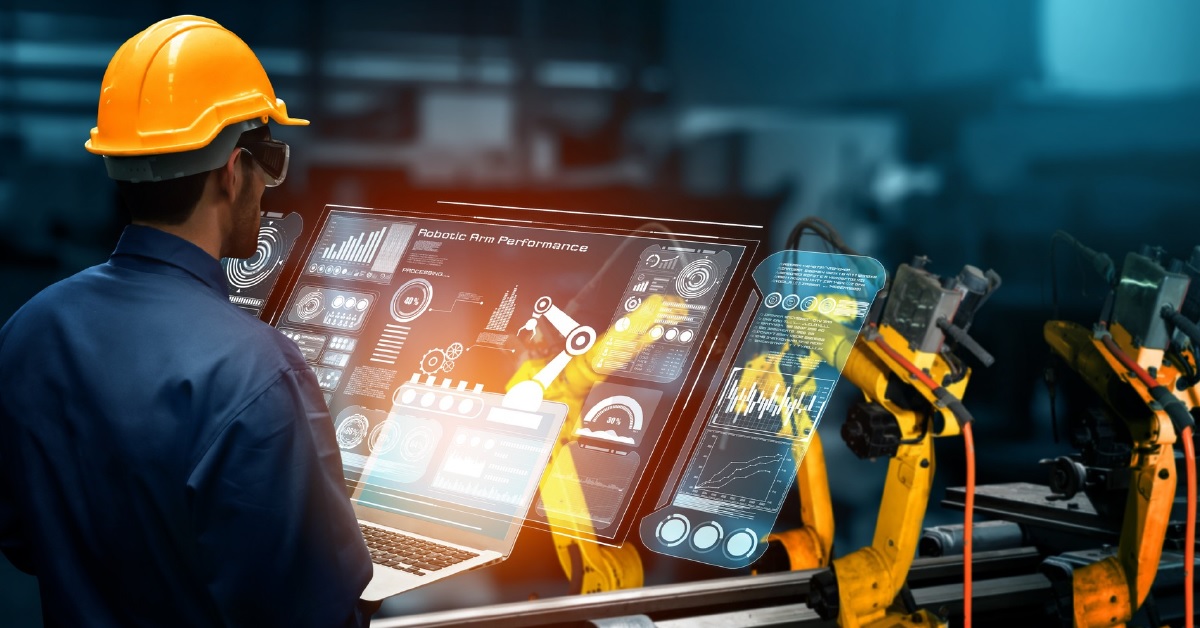
In the realm of industry, AI is revolutionizing manufacturing and supply chain management. Advanced robotics, powered by AI, are now capable of performing complex tasks with precision, improving efficiency and reducing operational costs. Predictive maintenance powered by AI algorithms is helping companies minimize downtime by anticipating equipment failures before they occur.
Furthermore, AI is optimizing supply chains by analyzing data in real-time to forecast demand and adjust inventory levels accordingly. This adaptability not only reduces waste but also enhances customer satisfaction by ensuring products are available when needed. As these technologies mature, we can expect a significant shift in how industries operate, with AI at the helm of this transformation.
AI and the Future of Work
The future of work is another area where AI is making a significant impact. While there are concerns about job displacement due to automation, the reality is more nuanced. AI is creating new job opportunities in fields that require advanced skills in data analysis, programming, and AI management. Moreover, AI can enhance productivity by taking over repetitive tasks, allowing workers to focus on more strategic and creative endeavors.
In 2024, organizations will increasingly adopt AI-driven tools that assist employees in decision-making processes. From intelligent virtual assistants that help with scheduling and task management to AI platforms that provide insights for strategic planning, the future workplace will be characterized by human-AI collaboration, leading to enhanced productivity and job satisfaction. (Read More: The Use of AI Technology for Disease Diagnosis, Drug Development, and Healthcare Management)
Ethical Considerations in AI Development
As AI continues to evolve, ethical considerations surrounding its development and implementation become increasingly important. Issues such as data privacy, algorithmic bias, and accountability need to be addressed to ensure that AI technologies are developed responsibly. In 2024, we can anticipate a greater emphasis on ethical AI practices, with organizations and governments establishing frameworks to guide the responsible use of AI in science and technology.
Moreover, public awareness and discussions about AI ethics will likely increase, prompting a collective effort to shape AI’s role in society. This dialogue will be crucial in fostering trust in AI technologies and ensuring they are used for the greater good. (Read More: Technology Addiction and Its Impact on Mental Health: A Growing Concern)
AI in Climate Science and Sustainability

AI is proving to be an invaluable tool in the fight against climate change and promoting sustainability. Machine learning algorithms are being used to optimize energy consumption in buildings, predict renewable energy outputs, and analyze environmental data for better resource management. In 2024, expect to see AI applications that support sustainable practices across various sectors, from agriculture to transportation.
For instance, AI can help farmers make data-driven decisions about crop management, reducing pesticide use and maximizing yields while minimizing environmental impact. By harnessing AI, we can create more sustainable systems that balance economic growth with environmental stewardship.
Conclusion article The Future of AI in Science and Technology: Key Developments to Watch
The future of AI in science and technology is brimming with exciting possibilities. From revolutionizing healthcare and scientific research to transforming industries and addressing ethical challenges, AI is poised to become an indispensable part of our lives. As we move forward, it is crucial to embrace these developments while fostering responsible practices that ensure AI serves humanity’s best interests. In 2024 and beyond, the synergy between science and technology will continue to unlock new horizons, paving the way for a more innovative and sustainable future.

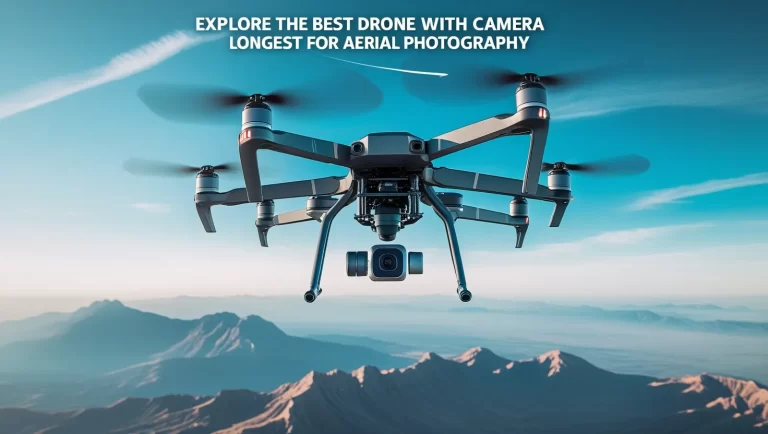
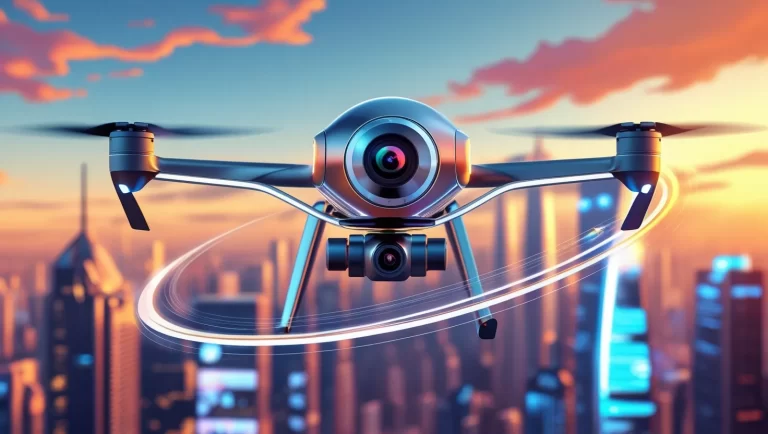
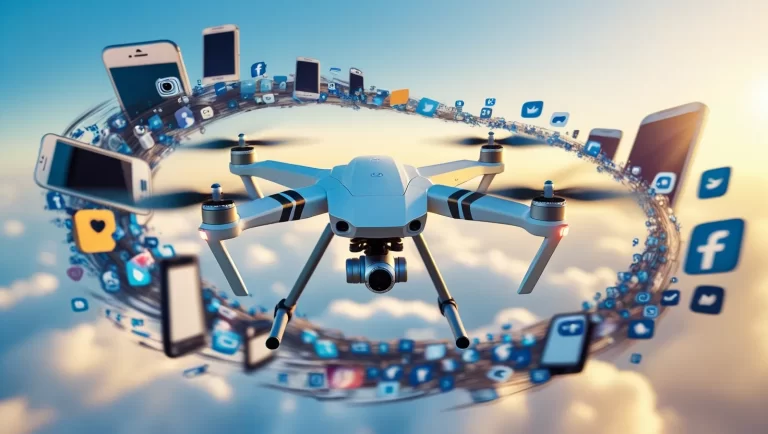


1 thought on “The Future of AI in Science and Technology: Key Developments to Watch”